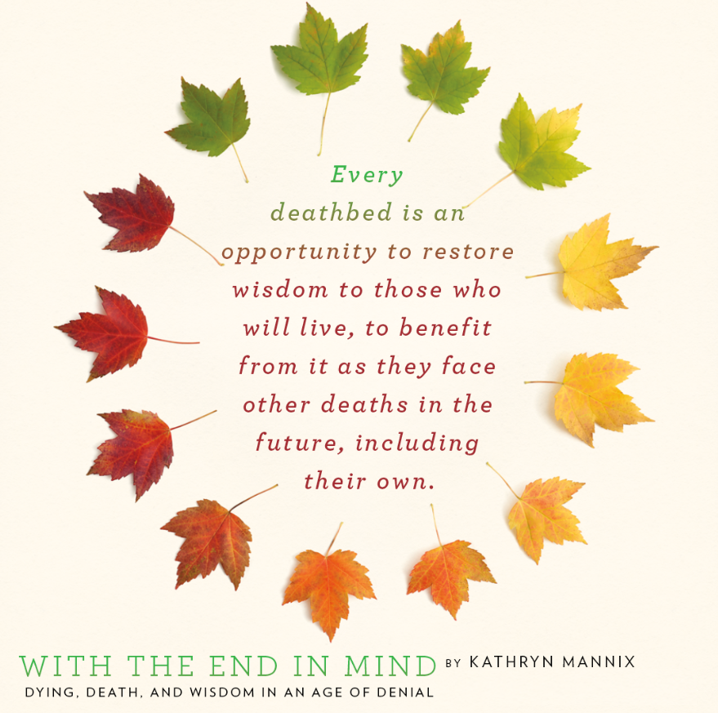
Timely CPR saved Chris Eriksen's life.
The match footage shows
-how immediate collapse is after #CardiacArrest
-how quickly we need to respond
In Cardiac Arrest the heart stops while other organs are healthy: rapid CPR response saves lives.
Learn CPR: see @ResusCouncilUK
1/
The match footage shows
-how immediate collapse is after #CardiacArrest
-how quickly we need to respond
In Cardiac Arrest the heart stops while other organs are healthy: rapid CPR response saves lives.
Learn CPR: see @ResusCouncilUK
1/
There has been criticism of TV companies broadcasting footage of Eriksen's on-pitch collapse. I wonder what he will say when he is ready to comment.
I hope the footage drives better public understanding of CPR & a wider uptake of CPR training.
2/
I hope the footage drives better public understanding of CPR & a wider uptake of CPR training.
2/
CPR training must include info on success rates, & explain when NOT to attempt it. CPR is entirely appropriate when the heart stops first: it gives brain & other organs their best chance of preserving function. Early, effective CPR by trained people may save 1 in 5.
Learn CPR!
3/
Learn CPR!
3/
Conversely, as dying from illness approaches, organs gradually shut down until the heart stops last of all. This is not reversible & CPR will not help.
Knowing the difference can save some lives & also respects #OrdinaryDying.
Learn CPR.
Understand its limits.
4/
Knowing the difference can save some lives & also respects #OrdinaryDying.
Learn CPR.
Understand its limits.
4/
CPR is now in school curriculum.
I hope our teens learn how to perform effective CPR.
They also need to know the place of CPR, the need for speedy action in sudden collapse, & not to feel responsible if they attempt CPR but don't succeed. Community CPR usually won't succeed.
5/
I hope our teens learn how to perform effective CPR.
They also need to know the place of CPR, the need for speedy action in sudden collapse, & not to feel responsible if they attempt CPR but don't succeed. Community CPR usually won't succeed.
5/
Although community bystander CPR success rate is low, the rate will rise the more often it is used without any delay, with good technique, & in the right circumstances (so - more of us trained in CPR).
'Right circumstances' is hard to grasp, but very important.
6/
'Right circumstances' is hard to grasp, but very important.
6/
Right circumstances for CPR:
- heart stops suddenly
- CPR commenced immediately
- person has not refused CPR in advance
Start without delay, be prepared to stop if we discover during CPR that this person has previously declared a decision to refuse CPR.
7/
- heart stops suddenly
- CPR commenced immediately
- person has not refused CPR in advance
Start without delay, be prepared to stop if we discover during CPR that this person has previously declared a decision to refuse CPR.
7/
Wrong circumstances for CPR:
- the person was already dying & their heart stops at the end of that irreversible process
- the person is found dead (this is hard to decide if body is still warm)
- the person is known to have formally refused CPR by telling people/making ADRT
8/
- the person was already dying & their heart stops at the end of that irreversible process
- the person is found dead (this is hard to decide if body is still warm)
- the person is known to have formally refused CPR by telling people/making ADRT
8/
Wishing Chris Eriksen a full & speedy recovery, & successful treatment of whatever caused his sudden & unexpected cardiac arrest. As a young, very fit athlete he is among those most likely to survive after timely & efficient CPR.
CPR is only step 1 in treatment.
9/
CPR is only step 1 in treatment.
9/
The footage shows the shock & distress of Eriksen's team-mates. There is a lesson about CPR there, too. Witnessing sudden collapse & giving or supporting CPR is shocking & brutal.
Anyone who has administered community CPR will be changed, often haunted, by that experience.
10/
Anyone who has administered community CPR will be changed, often haunted, by that experience.
10/
CPR is an extreme first aid procedure. Participants & witnesses may need a lot of care & support afterwards, whether resuscitation attempt is successful or not. This also needs to be part of CPR training.
11/
11/
With millions of fans watching, this shocking event could turn into an opportunity for football clubs across @UEFA to teach CPR to thousands of supporters. That increase in CPR-competent citizens could transform public response to community cardiac arrests.
@premierleague
12/
@premierleague
12/
Perhaps after recovery from the incident & their shock, Eriksen & his colleagues might give permission for this footage to be used as a training tool in CPR classes.
Perhaps it will save many more lives.
Please learn CPR
Please learn its limits
Please look after each other
End.
Perhaps it will save many more lives.
Please learn CPR
Please learn its limits
Please look after each other
End.
• • •
Missing some Tweet in this thread? You can try to
force a refresh








